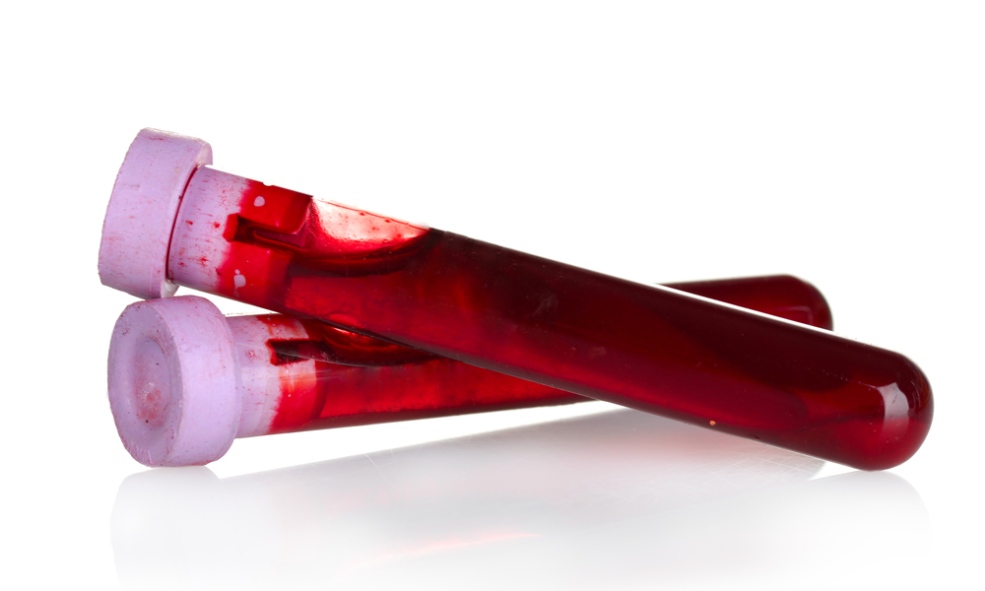If you are a new parent, you have probably considered the option of banking your baby’s cord blood. However, what if you have already had your baby and are just now learning about the benefits of cord blood banking? Is your child out of luck?

Luckily, you don’t have to have a time machine to get the benefits of cord blood banking. Even adults can use cord blood thanks to public cord banks. A public cord blood bank is a facility that stores cord blood donated by new parents. Anyone with a blood type match can use the blood stored in a public bank.
How to get cord blood
There are actually two ways to get cord blood if you have not stored any of your own or your child’s blood. The first method is the easiest way. If any of your family members have cord blood banked that are a match for your blood type, you may be able to get access to that blood to use. Usually, you can only get access to the blood if the family member agrees to allow you to use it, or if they have signed a waiver in the past allowing family
members to use it.
The second way to get cord blood is through a public bank. People around the country donate blood to these banks and if you are a match for any current samples, you may have the opportunity to use the blood. Usually, your doctor will recommend you trying to use the stem cells from the public bank. The chances of the blood working for you, however, are small.
Regulations for obtaining cord blood in the US
Cord blood regulations vary by state in the United States. You can find out what the regulations for your state are by visiting the Parent’s Guide to Cord Blood Foundation and looking up your state. For example, blood in Texas is regulated according to the Institute of Medicine guidelines. Texas also has a free cord blood bank for at-risk individuals with the greatest need. In California, everyone is encouraged to donate their cord blood to a public bank. The state does not charge for the donation.
Regulations for obtaining cord blood in the UK
The UK has a much more cohesive regulation for cord blood banking than the United States. All blood is stored and gathered in accordance with the guidelines set in place by the Human Tissue Authority. Blood donation is encouraged to further scientific research and to provide needy individuals with a means to improve their health.
Regulations for obtaining cord blood in other countries
Other countries in Europe and around the world follow no specific guidelines. Regulations vary by country, and most countries have mainly private cord banking. If you wish to get cord blood in countries other than the United States and the United Kingdom, you may have to work a little harder to obtain it. You can find regulations for specific European countries at Wiley University.
Cord blood banking is a new science and research has only scratched the surface of what the blood can do. In the future, there will be even more than science can do to help individuals from cord blood and stem cells. Access and donation to blood banks is essential to preserving the health of people around the world.

